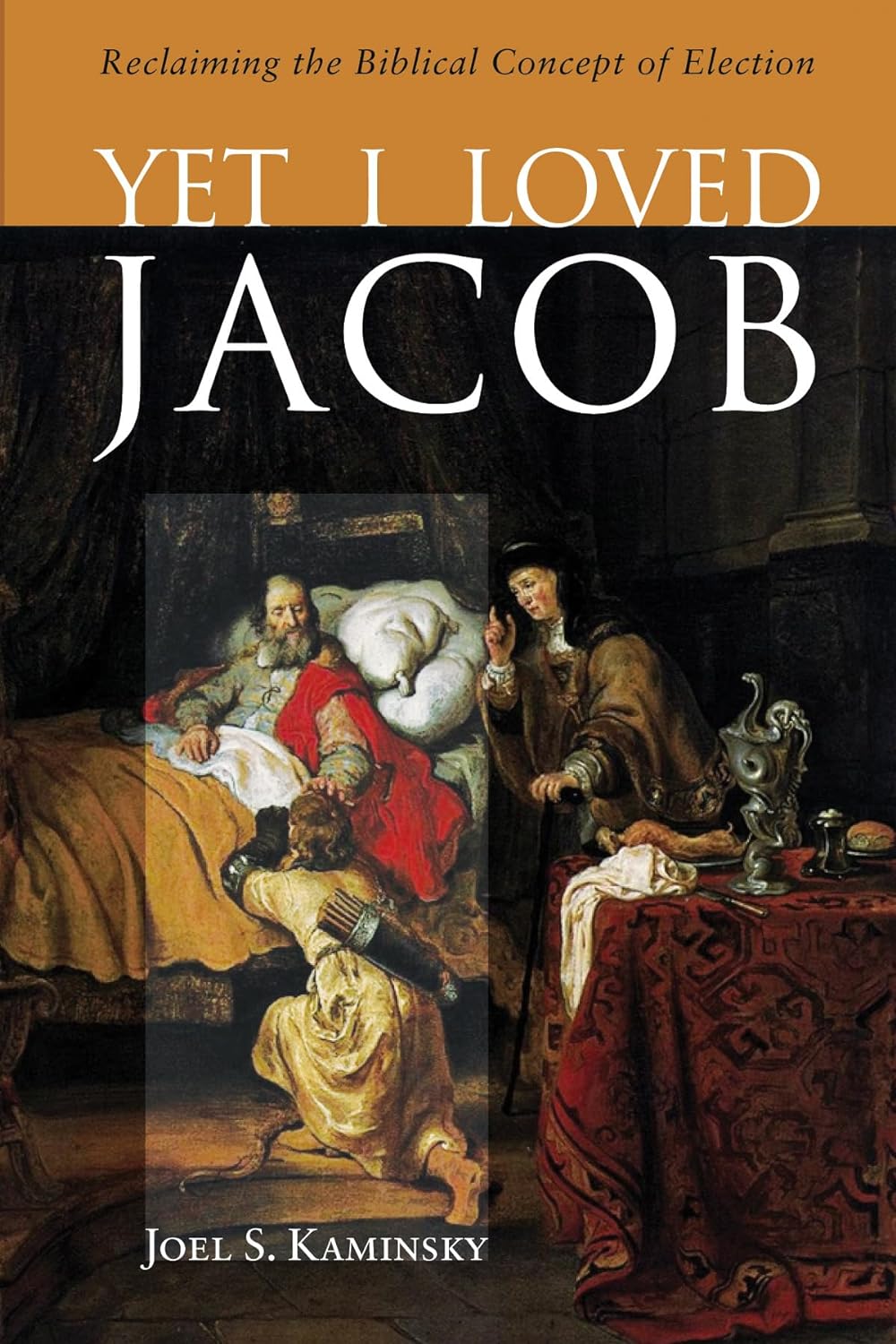A Book Review from Books At a Glance
by G. T. Tran
Summary of Content
In his book, Yet I Loved Jacob, Joel Kaminsky examines the biblical concept of election and demonstrates its theological relevance for Judaism and Christianity. One reason why election theology has not received adequate attention in both circles of scholarship is because “the idea that God favors certain individuals or groups over others is theologically and morally troublesome to modern Western thinkers….” (1). Nevertheless, Kaminsky contends, “It is difficult to see how either Jews or Christians could continue to assert their unique theological claims while jettisoning election theology, especially since this theology is so closely tied to biblical claims concerning God’s nature and character” (195).
The book has eleven chapters which are grouped into two sections. In the first section (chaps. 1-4), Kaminsky surveys four rivalry stories in Genesis: Cain and Abel, Ishmael and Isaac (also Hagar and Sarah), Jacob and Esau, and Joseph and his brothers. These stories are “an extended meditation” on election theology (16). The second section (chaps. 5-11) explores the concept of election in the rest of the Old Testament, the New Testament, and Rabbinic writings.
Central to Kaminsky’s work is his proposal of three categories for understanding the concept of election: 1) the elect, 2) the non-elect, and 3) the anti-elect (chaps. 7-8). The elect are God’s chosen people while the anti-elect are those who oppose them and thus will be annihilated (109). As for the non-elect, Kaminsky explains, “These non-elect peoples were always considered fully part of the divine economy, and in a very real sense, Israel was to work out her destiny in relation to them, even if in separation from them” (109). In other words, the non-elect are not automatically condemned but their treatment of the elect will determine whether they will be blessed or cursed.
Evaluation of Content
Kaminsky should be commended for defending the importance of election theology against contemporary rejection of it. He is right that neither Christianity nor Judaism “can sidestep, marginalize, or jettison election theology without severing its connections to its biblical roots” (10). Further, I appreciate the methodology that Kaminsky employs in this study. Instead of conducting word studies which can result in many lexical fallacies, he chooses to examine key biblical texts which are relevant for the project. As he clarifies, “The attempt here is to explore the Bible’s election theology by carefully analyzing certain biblical texts, discussing major motifs or themes, and engaging contemporary concerns” (11).
Meanwhile, I am not persuaded by Kaminsky’s reading of election in the Old Testament because it poses a serious discrepancy between the Old and New Testaments’ understanding of election. In his view, election in the Old Testament cannot be equated with salvation. As he warns, “…great mischief results when scholars and preachers conflate the Hebrew Bible’s understanding of election with the Christian category of salvation….” (135). However, from a Christian perspective, God’s election in both the Old and New Testaments has to do with people’s salvation. Moreover, when one subjects the three categories that Kaminsky proposes under the framework of Christian theology, the category of the non-elect eventually collapses into the other two categories. For example, if some people within the non-elect group are saved, they are the elect. Likewise, if some of the non-elect reject God, they are the anti-elect. For these reasons, I think the Christian reading of election in both the Old and New Testaments makes better sense than the three categories suggested in the book.
G. T. Tran
